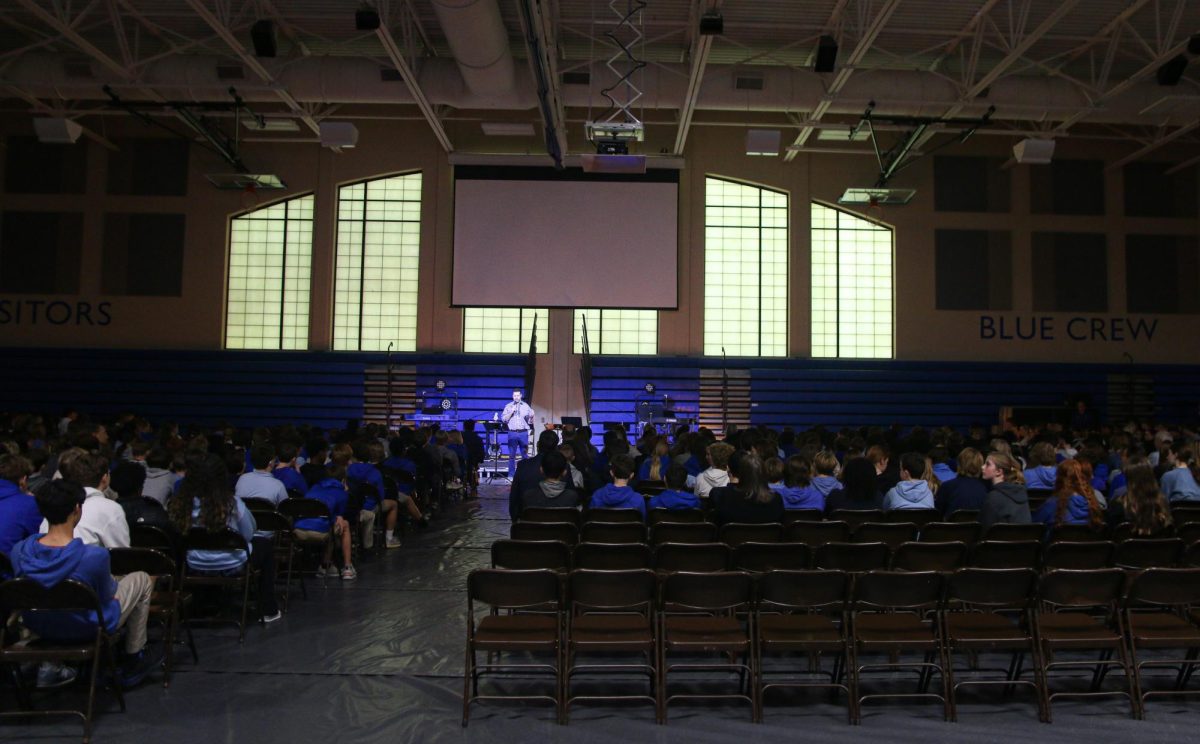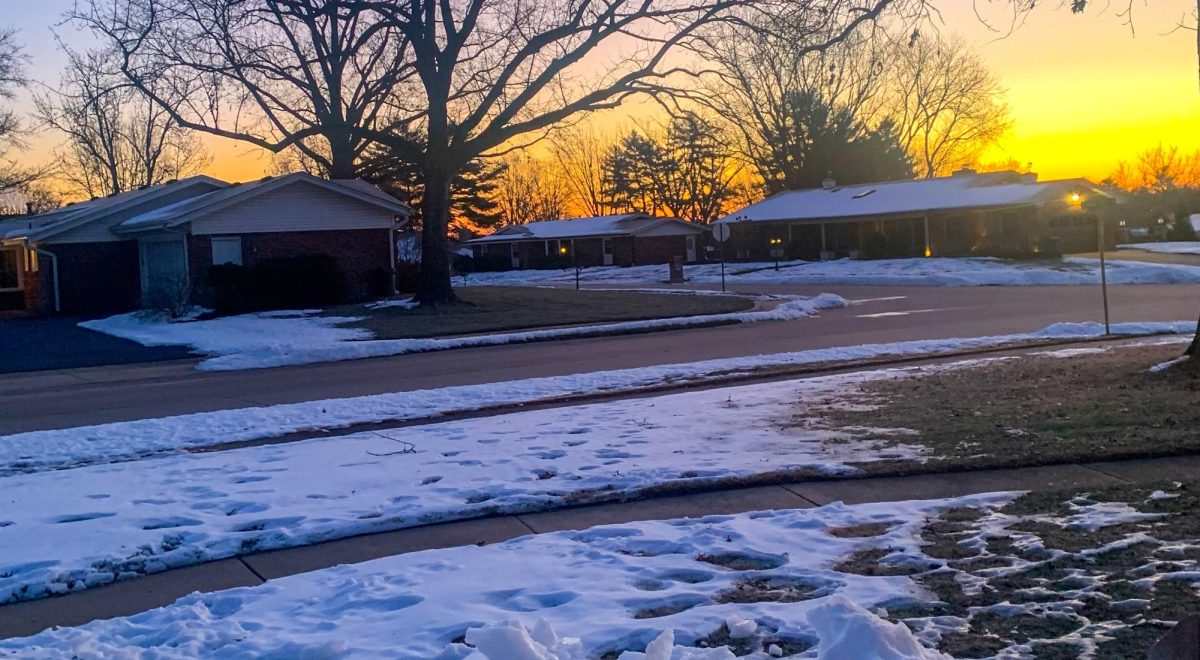Many students and teachers walk into chapel looking forward to the end of it. For many, chapel means sitting (or standing) in silence for twenty-five minutes once a week. The intentions behind chapel are buried under a mountain of rules and general disinterest.
Chapel may have its fair share of small problems, and many students find it monotonous or tedious at times. However, much of the issue lies in the fact that those in attendance–students and faculty members–often lose sight of the true purpose of chapel.
When the entire student body was polled, over 30% of students admitted they found it hard to concentrate during chapel. Many students can feign interest while ignoring the speaker or the music, but others sometimes choose to distract others. This can distract even the students who are trying to pay attention and get the most out of chapel.
Certain trends emerged in the responses from 150 students. One trend showed that students often feel that their own wants are not being met with chapel every week, and for this reason, they can walk in dreading it. Another trend showed that students dislike having to stand for an entire worship chapel. Because of their own preferences or opinions, students and even faculty can lose sight of the true purpose of chapel.
“What really needs to be clearly defined is, what is chapel for? […] For everybody who’s here at Westminster, there’s a different definition of what it’s for. […] The question that often doesn’t get asked is, what does God say it’s for? Any time people gather, it should be a […] God-centered reality.” said Luke Davis, Bible Department Co-Chair.
“It is not about how we’re feeling or what we’re getting out of it, it’s what we are giving to God. […] We really need to be asking, who is chapel for?”
Students and faculty view chapel as a place that 25 minutes of their time goes every week. Some of them may feel entitled to receive exactly what they want when they walk in, while others just don’t want to be there at all, viewing chapel as more of an obligatory meeting than a time to come together and worship in God’s presence.
“Chapel for me is a time to be in God’s presence, whether it’s through song or through listening to sermons.” said Arianna Henderson, junior.
“I feel like a lot of people have a selfish approach to chapel, myself included, and we want it to be something that suits us or that is up to our standard. However, what students seem to forget is that chapel is not about them.”
Another interesting point that many don’t consider is that Westminster has a very diverse background, with many students attending different churches—or not attending church at all.
“We’re a student body and a school that comes from so many different backgrounds. So students have grown up in a particular way of going to church–or not going to church. And they have the expectation then of what [it] should or shouldn’t look like based on their background and their experiences. […] We have over 200 churches represented in this school, so one of the difficulties is […] how do you walk alongside students that have not done something that’s new for them to do and help them be okay with trying, even if they like it or don’t like it?” said Ottolini.
“If you are truly there to worship God and be in his presence, the circumstances and nitty gritty details shouldn’t really matter.” said Henderson.
“Of course, some sermons are better than others, and some songs are better than others, but at the end of the day you are still worshiping God and that’s all that matters. Chapel is not about us, so why do we make it that way?”
However, this is not to say that nothing can or should be done to improve chapel. One trend in the survey showed that many students find chapel messages to be covering unimportant topics, and others said the messages were often similar.
“I feel as if chapel, especially last year, had just devolved a repetitive cycle of airing of grievances from various speakers, or an assembly for public service announcements that could simply be covered in an email, [and] I generally have felt worse leaving than I did when I entered.” said one anonymous student.
So what do students want to hear about during chapel? There were many different ideas named in the survey, but several trends emerged, the most prevalent being: handling faith in today’s society; application for our faith; tough issues including mental health and sin; how to live and love like a Christian; and doubt. The survey shows that students have specific topics that they want to know more about, and it’s important for these voices to be heard and these topics to be addressed.
While some changes can be made to improve the general setting of chapel and the relevancy of the messages, and everyone has opinions on what they want to get out of those twenty-five minutes, it’s important for both students and faculty members to remember that chapel is not about them and what they want, but about God and what He wants from us.









